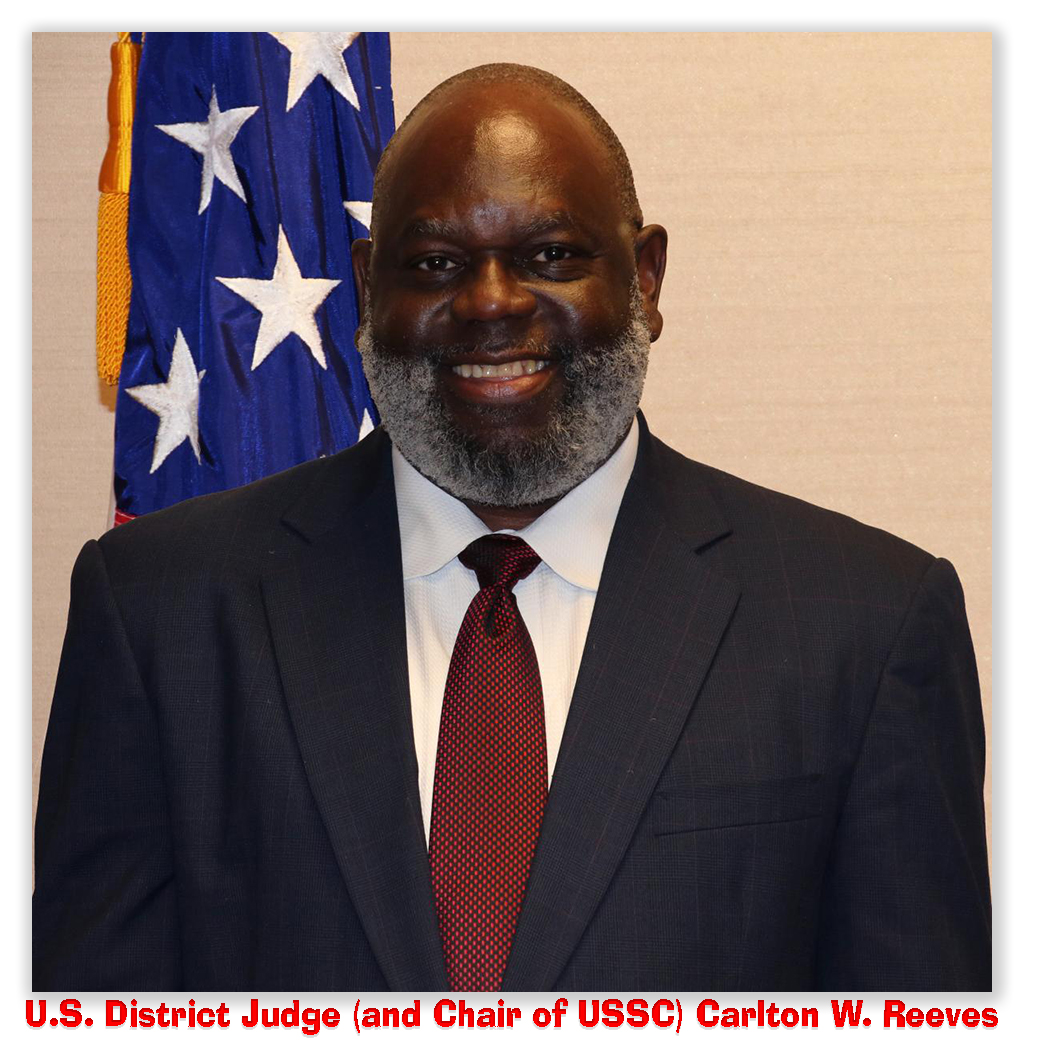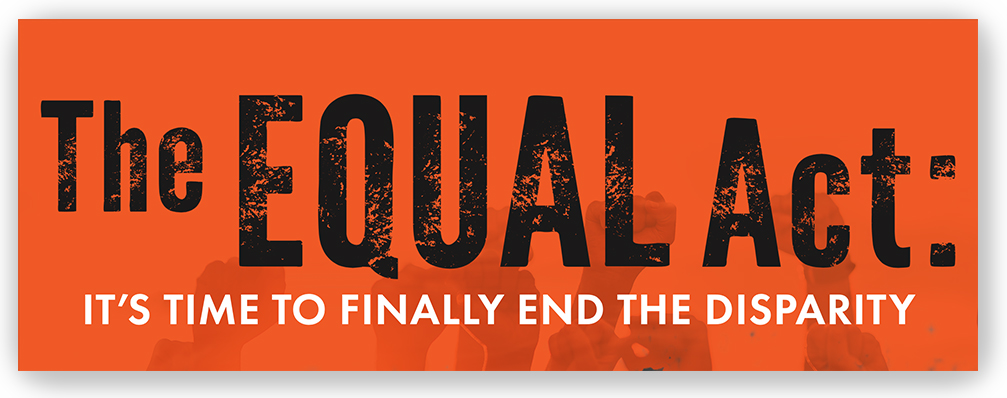We post news and comment on federal criminal justice issues, focused primarily on trial and post-conviction matters, legislative initiatives, and sentencing issues.
Today (and not just because Gayle King and Kate Perry came back to earth after their blasted-into-space celebrity stunt), here’s a short rocket of some stories you might have missed.
CASE SHORTS
 Who’s Getting Pardoned? The Associated Press reported last week that President Donald Trump pardoned Michelle Fiore, a Nevada Republican politician who was awaiting sentencing on federal charges that she embezzled $70,000 meant for a statue honoring a slain police officer.
Who’s Getting Pardoned? The Associated Press reported last week that President Donald Trump pardoned Michelle Fiore, a Nevada Republican politician who was awaiting sentencing on federal charges that she embezzled $70,000 meant for a statue honoring a slain police officer.
Fiore spent the money on personal expenses, including a facelift. She has been released on her own recognizance ahead of sentencing next month.
AP said, “In a lengthy statement Thursday on Facebook, the loyal Trump supporter expressed gratitude to the president while also accusing the US government and ‘select media outlets’ of a broad, decade-long conspiracy to ‘target and dismantle’ her life.”
She’s right, of course: Such media dismantling is the easily foreseen consequence of stealing charitable contributions to finance one’s own lifestyle.
The White House confirmed the pardon without comment.
Meanwhile, former congressman George Santos, sentenced last week to 87 months for multiple frauds, publicly appealed to Trump to offer him “a chance to prove I’m more than the mistakes I’ve made.” Santos’s lawyers said the legal team would seek a presidential pardon — something that Santos himself had ruled out two days before his sentencing.
The Dept of Justice reports that the last dozen or so clemency grants are all of white-collar defendants, with a lone commutation of a defendant accused of opioid distribution in early March.
Associated Press, Trump pardons Nevada politician who paid for cosmetic surgery with funds to honor a slain officer (April 24, 2025)
The New York Times, George Santos’s Closing Act: A Prison Sentence of More Than 7 Years (April 26, 2025)
DOJ, Clemency Grants by President Donald J. Trump (2025-Present) (April 27, 2025)
Durbin Ending Senate Career: Senator Richard Durbin (D-IL), a mainstay on the Senate Judiciary Committee, is retiring at the end of his current Senate term in December 2026.
 Durbin has served on the Judiciary Committee for more than two decades, including as chairman from 2021 through 2024. He wrote the 2010 Fair Sentencing Act, which reduced the federal sentencing disparity for crack/powder cocaine offenses. In 2018, Durbin and Sen. Charles Grassley (R-IA) led bipartisan efforts to enact the First Step Act, the most significant criminal justice reform legislation in a generation. Since then, he and Grassley led efforts–not yet successful–to pass the Safer Detention Act, Prohibiting Punishment of Acquitted Conduct Act, and Smarter Sentencing Act.
Durbin has served on the Judiciary Committee for more than two decades, including as chairman from 2021 through 2024. He wrote the 2010 Fair Sentencing Act, which reduced the federal sentencing disparity for crack/powder cocaine offenses. In 2018, Durbin and Sen. Charles Grassley (R-IA) led bipartisan efforts to enact the First Step Act, the most significant criminal justice reform legislation in a generation. Since then, he and Grassley led efforts–not yet successful–to pass the Safer Detention Act, Prohibiting Punishment of Acquitted Conduct Act, and Smarter Sentencing Act.
Press Release, Durbin Announces He Will Not Seek Re-Election in 2026 (April 23, 2025)
Roll Call, Durbin’s run at Judiciary Committee focused on immigration, judges (April 23, 2025)
Angelos Meets With Johnson: Pardon recipient Weldon Angelos, founder of the criminal justice non-profit The Weldon Project, met with Pardon Czar Alice Johnson at the White House last Wednesday to discuss future clemency options.
 Marijuana Moment reported last week that “[a]s the cannabis community continues to search for signs that the president will proactively engage on the issue after he endorsed [marijuana] rescheduling… the meeting between Weldon Angelos and the White House official signals at least some openness to the idea of acting on marijuana reform.”
Marijuana Moment reported last week that “[a]s the cannabis community continues to search for signs that the president will proactively engage on the issue after he endorsed [marijuana] rescheduling… the meeting between Weldon Angelos and the White House official signals at least some openness to the idea of acting on marijuana reform.”
Angelos said the meeting left him “feeling incredibly hopeful.”
Marijuana Moment, Marijuana Activist Pardoned By Trump Meets With White House Officials As Pressure Builds For Reform (April 25, 2025)
– Thomas L. Root
























 Of all the criminal justice reform bills in Congress – the
Of all the criminal justice reform bills in Congress – the 

